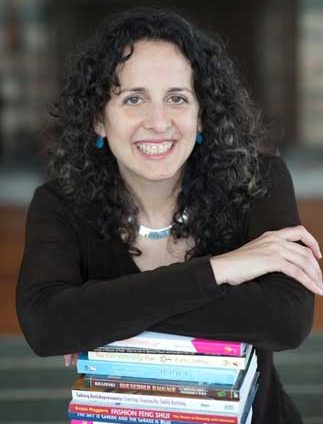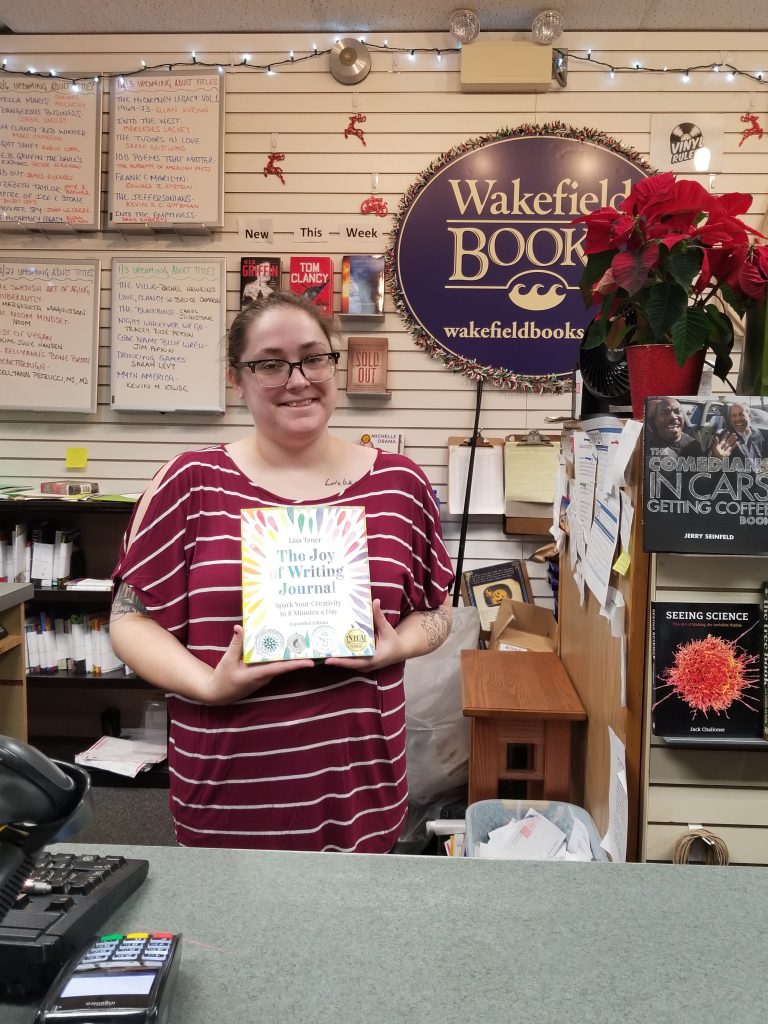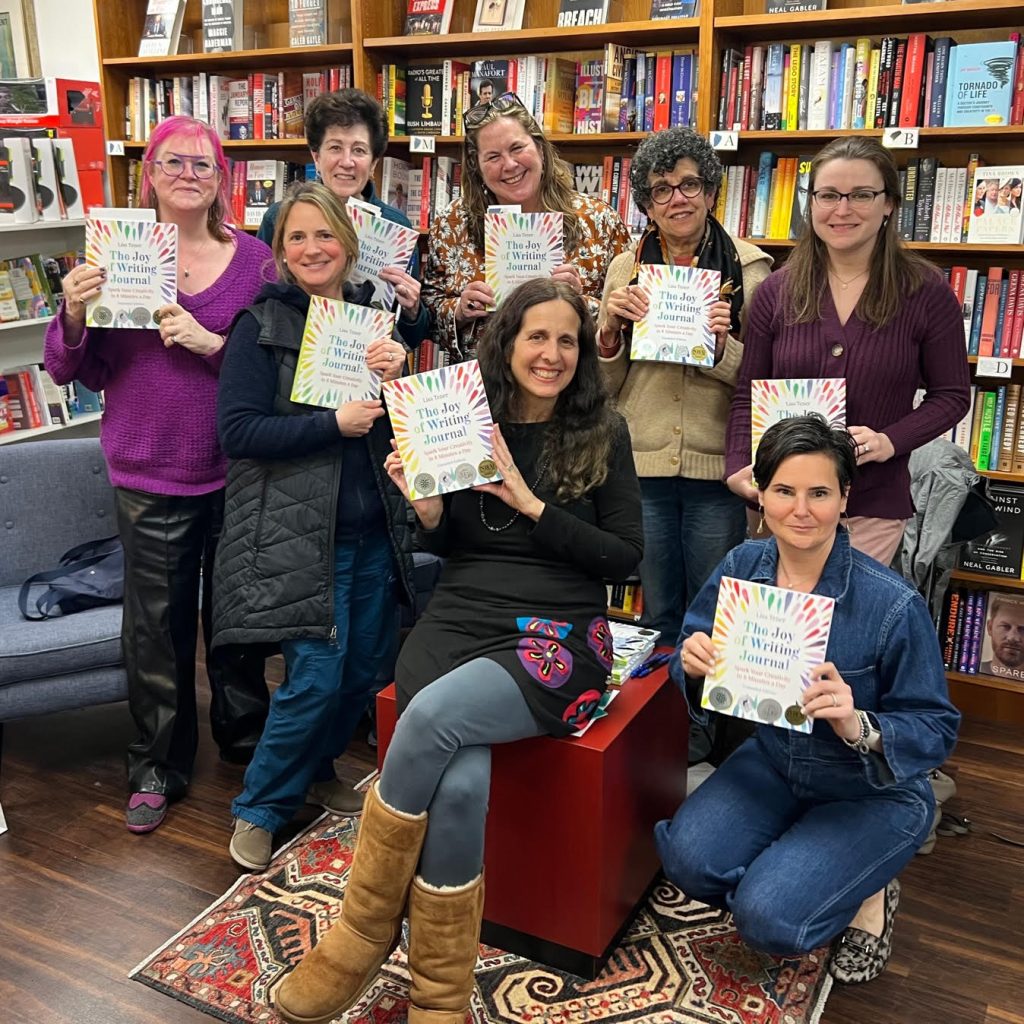Today’s publishing questions come from a writer in South Africa who just received an offer from a traditional publisher. They have questions about the offer and contract and about publishing a book of short stories. Let’s address the book offer first, and in my next post, I will address the short stories.

“I need help. First, I have a contract from a traditional publisher [for a how-to self-help book], and [sic] is offering me 12% of my book royalties; however, there is no advance.”
“Secondly, I have written 15 short stories that I need to publish. They are in English.”
I started by congratulating the author on the offer from the traditional publisher.
Is The Publisher’s Book Contract Fair?
I wrote, “That sounds like a fairly typical deal for a first book unless you have a huge following. Nowadays, for the majority of first books, publishers tend to offer little or no advance. As long as the publisher is reputable, you should be okay.”

In the old days, it would have been at least 15% and 15% of the sale price minus transportation costs. Nowadays, it’s generally a percentage of the net. The problem is that publishers can inflate their costs by assigning high administrative costs, reducing the net profit. This is why having an agent or lawyer review your book contract is very helpful in ensuring you’re likely to get paid fairly. Typically, the royalties on a paperback book work out to a bit over or under $1/book.
As usual, I recommended that this author run the contract by an intellectual property attorney or literary agent. I met an intellectual property attorney and literary agent at the San Francisco Writers Conference one year, and she has been a godsend for those of my clients who have a compelling book proposal and received an offer from a small or mid-sized traditional publisher but didn’t have a platform big enough to attract a literary agent. This attorney has been charging $650 to review a book contract and suggest changes, and her changes tend to make a world of difference for my clients compared to the original contract they were offered.
Can I Distribute Books Myself? How Does That Work With A Traditional Publisher?
The author then asked, “What happens with the publisher if I want to distribute the book myself?”

This is a great question. You won’t be able to publish the book yourself since the publisher will usually have the exclusive (unless you retain certain rights). Still, the contract usually includes a discounted price for you to buy books. So if you have a speaking gig, for example, you might buy 50 or 100 books at a 50% discount (or whatever the discount is. With Health Communications–HCI, my author discount was 50%, but that was some years ago).
You might make additional profits per book in any situation where you meet people in person, such as a book signing, workshop, training, presentation, etc., and therefore can buy books at a discount and sell them at the cover price.
For online sales, trying to fulfill the order yourself doesn’t generally make much sense, even if it’s allowed. It would mean buying books at a discount, selling them, and then fulfilling those orders, which includes mailing the book to the customer. A lot of work for not much more money after you pay the postage. You probably want to link to the book on the traditional publisher’s website or online retailers for online sales. You can see how I’ve set up the online links to buy my book here.
If you want to distribute all the books yourself, you should self-publish or use a hybrid publisher. Both of these services will come with upfront costs and, potentially, add-on costs, so have an attorney familiar with publishing look at any publishing contract before you sign it.
How About Selling Directly to Bookstores or Libraries?

Bookstores will order through the distributor (usually Ingram) or the publisher, not from you. They want to be able to return books that don’t sell, and Ingram offers that. Plus, it’s more hassle for them to buy from you directly. And your contract might not allow it anyway.
You might be able to sell to a library if your traditional publisher allows it. You might make more this way if you buy books at a discount. I was surprised to find that my local library usually orders from Amazon!
On the other hand, it’s best to have books on hand if you are making a presentation at a library. Most authors who give a talk or presentation at a library bring books to sell at the back of the room or team up with a bookstore that handles the book sales.
The writer also asked, “How should I publish my short stories?” I’ll answer that question in a separate post in a couple of weeks. Stay tuned.
What questions do you have about book deals/publishing contracts, publishers, distribution, or anything else? Share your comments at the bottom of this post.



This is such an important topic for new authors. One of the things that I’ve learned as a first time author is that having an agent who has worked with the publishers we want to work with is key. so the question is how to find good agents?
The other thing I’ve learned is how important it is to have a supportive community, which Lisa you have done such a great job of creating! Thank you for all you do to support authors through the services you provide and your resources for different stages on this journey.
Yes, and it’s tricky since agents are looking for especially big author platforms (reach/following/email lists/etc). So there are authors who have enough platform and a strong proposal who can attract a small or mid-sized publisher but they’re likely to get a very small advance and therefore it’s just not worth the time an agent has to put in.
A couple of years ago, one of my clients got a top literary agent who represents many of his colleagues. The agent has an excellent reputation and found him a publisher, but she told us that his advance would likely be low and so she would need to charge something up front, which he could get back if the advance were above a certain amount. She told us with some regret. It was a truism for a long while that reputable agents don’t charge an up front fee; that is no longer gospel. She wanted to represent my client, was excited about his book, but knew there was so little money in it for her that she couldn’t do it without being paid something up front. It had nothing to do with being a good agent and everything to do with trying to support new writers who don’t have a big social media following or email list, but do have some other things going for them, while also being able to make a living as an agent. Thank goodness she did charge as it gave my client an opportunity and she did an excellent job!
Congratulations on your success. What is the name of the attorney? I have a question for her.
I have emailed it! Good luck with your contract.